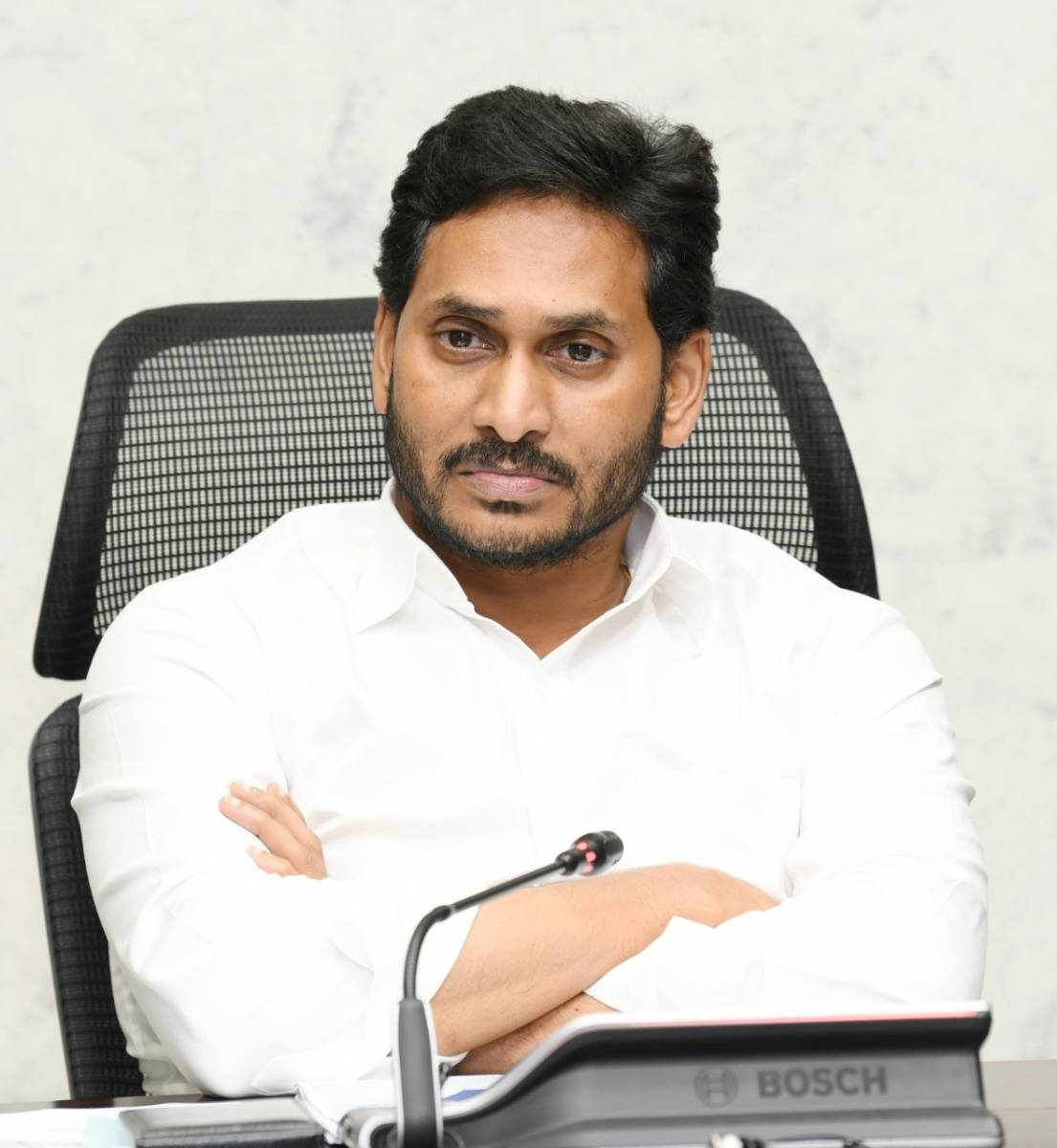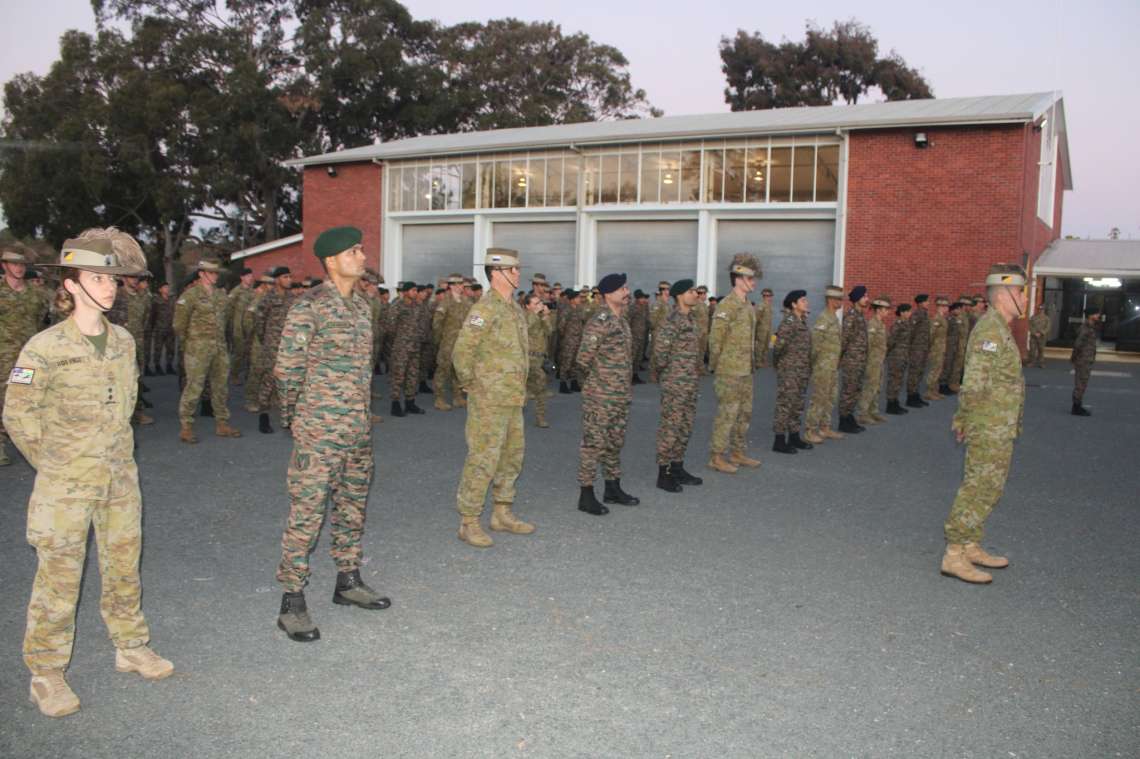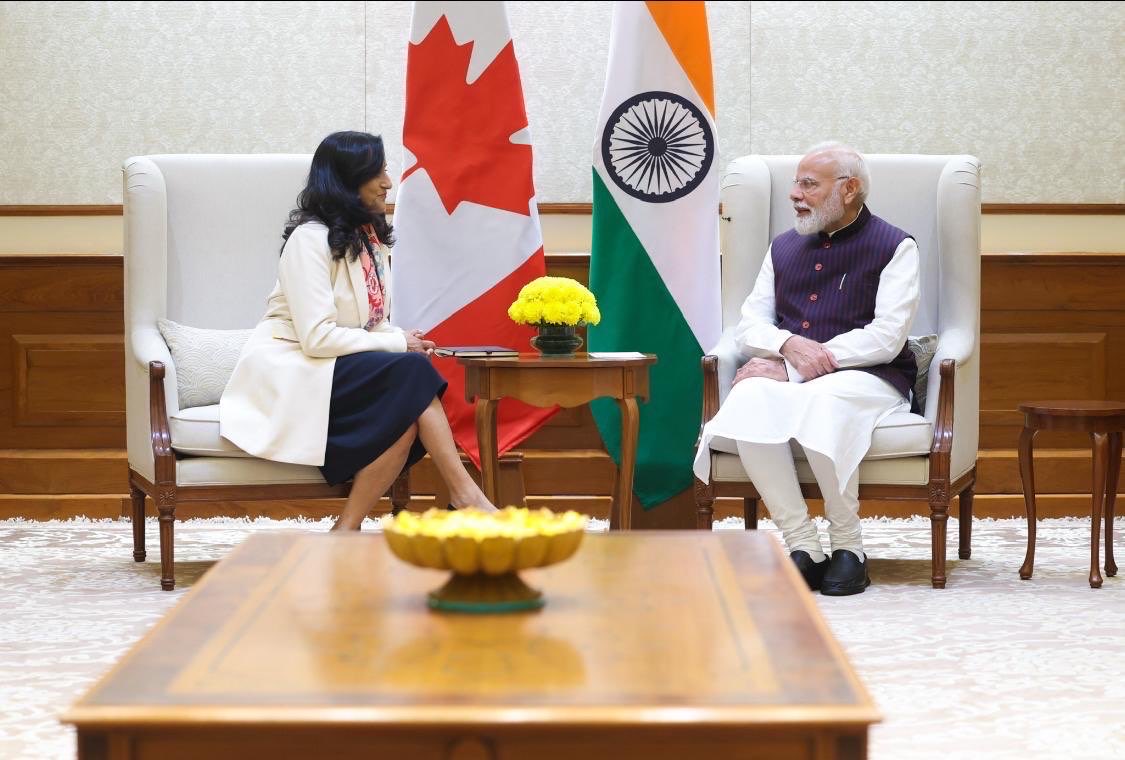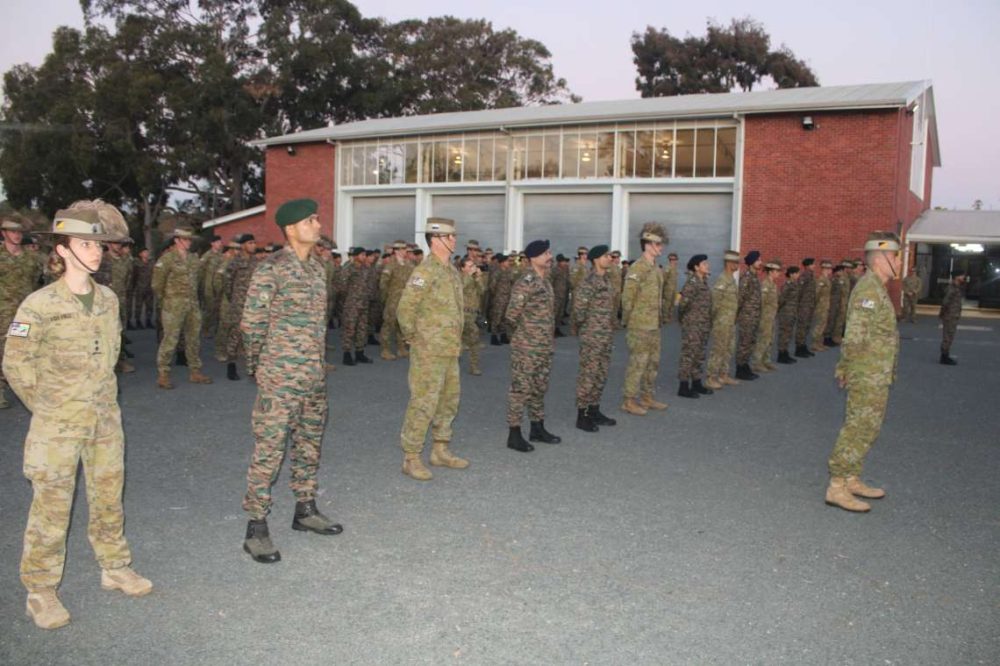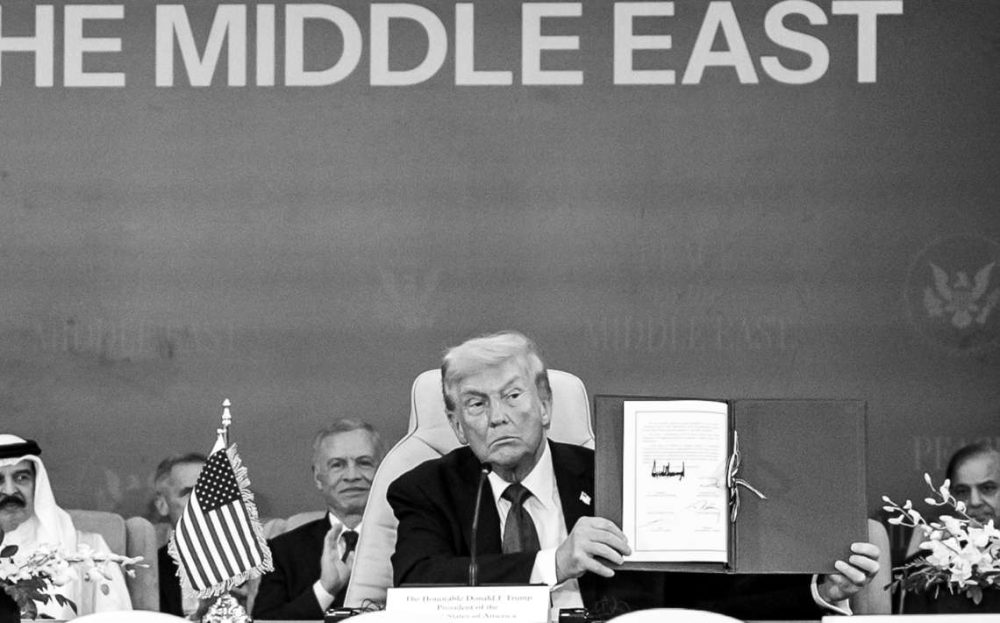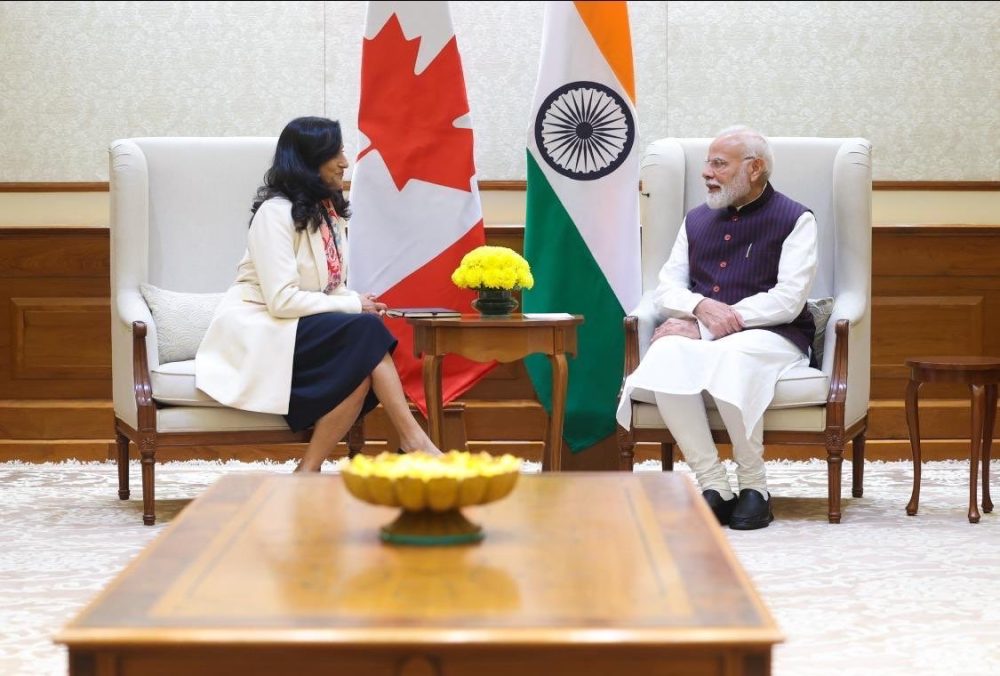Already reeling under a grave financial crisis, the government may find it difficult to mobilise resources for continuing the implementation of a plethora of welfare schemes…writes Mohammed Shafeeq
With half of its term in power completed, the YSR Congress Party government in Andhra Pradesh appears firmly in saddle but in the coming year the state’s precarious financial position poses a bigger challenge than the opposition parties.
Notwithstanding the continuing stalemate over the state capital and the government’s controversial decisions which are attracting the rebuke from courts, Y.S. Jagan Mohan Reddy-led government is not likely to face major political challenges in the coming year thanks to the brute majority it continues to enjoy in the Assembly and also because of the fact that the opposition parties are yet to get their act together.
Already reeling under a grave financial crisis, the government may find it difficult to mobilise resources for continuing the implementation of a plethora of welfare schemes. Additional financial commitments including the pay revision for government employees may impose further burden on the public exchequer.
The series of victories of YSRCP in the rural and urban local body elections and its huge win in by-elections for Tirupati Lok Sabha and Badvel Assembly seats during 2021 indicate that the opposition parties have not made any dent in its vote bank.
“Jagan Mohan Reddy appears to be firmly in the saddle both in the government and the party, contrary to continuous stories in a section of the media,” said political analyst Telkapalli Ravi.
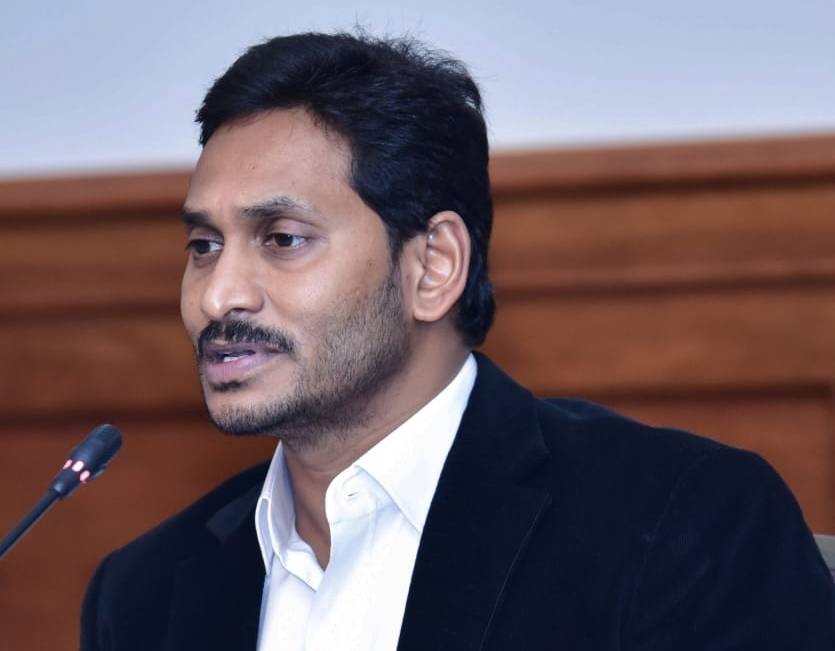
Jagan, who turned 48 on December 21, is likely to go for a new ministerial team in the second half of the term. “It is to be seen if his plans for total revamping of the ministry give rise to dissent,” said Ravi.
Ever since storming to power in 2019 with 151 seats in 175-member Assembly, Jagan barely faced any dissent barring the revolt by MP Raghurama Krishna Raju. Despite the problem of groupism in some districts, Jagan maintained a vice-like grip over the party.
The opposition appears to be in total disarray. The main opposition Telugu Desam Party (TDP) could not stop YSRCP’s juggernaut in local body polls. Despite reviving their alliance, Jana Sena led by actor Pawan Kalyan and BJP are yet to make their presence felt on the ground while the grand old Congress party has still not succeeded in reviving its fortunes in its former stronghold.
The year saw some unprecedented and unsavoury developments as the verbal attack between leaders of ruling and opposition parties breached all sense of decency. Last month, TDP supremo and former Chief Minister N. Chandrababu Naidu broke to tears at a news conference over some YSRCP legislators making certain personal comments on his wife Bhuvaneswari in the Assembly. He vowed never to step into the Assembly unless people return him as the chief minister again.
The incident evoked sympathy in some quarters for the 71-year-old leader. Setting aside their political differences, family members of TDP founder and late chief minister N.T. Rama Rao rallied behind him.
Jagan Mohan Reddy, however, alleged that the leader of opposition resorted to theatrics as he is in frustration after the continuous reversals at the hustings with people rejecting him.
The attack on TDP’s state headquarters at Mangalagiri in October was also another unprecedented incident. A group of people, said to be supporters of YSRCP, ransacked the office to lodge their protest over abusive language used against the chief minister by TDP spokesman Pattabhi Ram.
Citing the incident as breakdown of law and order, Chandrababu Naidu demanded President’s rule in the state. The chief minister hit back saying the opposition leaders were using abusive words against him so that the admirers would get upset and react, leading to law and order problems.
Like 2020, the year also saw the continuing deadlock over trifurcation of the state capital. In a strategic move to avoid a setback in the court, the government last month withdrew the two laws for developing three state capitals.
However, the chief minister made it clear that he remains committed to development of three state capitals. Stating that he is for decentralisation of development, Jagan rejected the idea of a super capital model proposed by his predecessor Chandrababu Naidu with his grandiose plans to develop Amaravati as a world-class city.
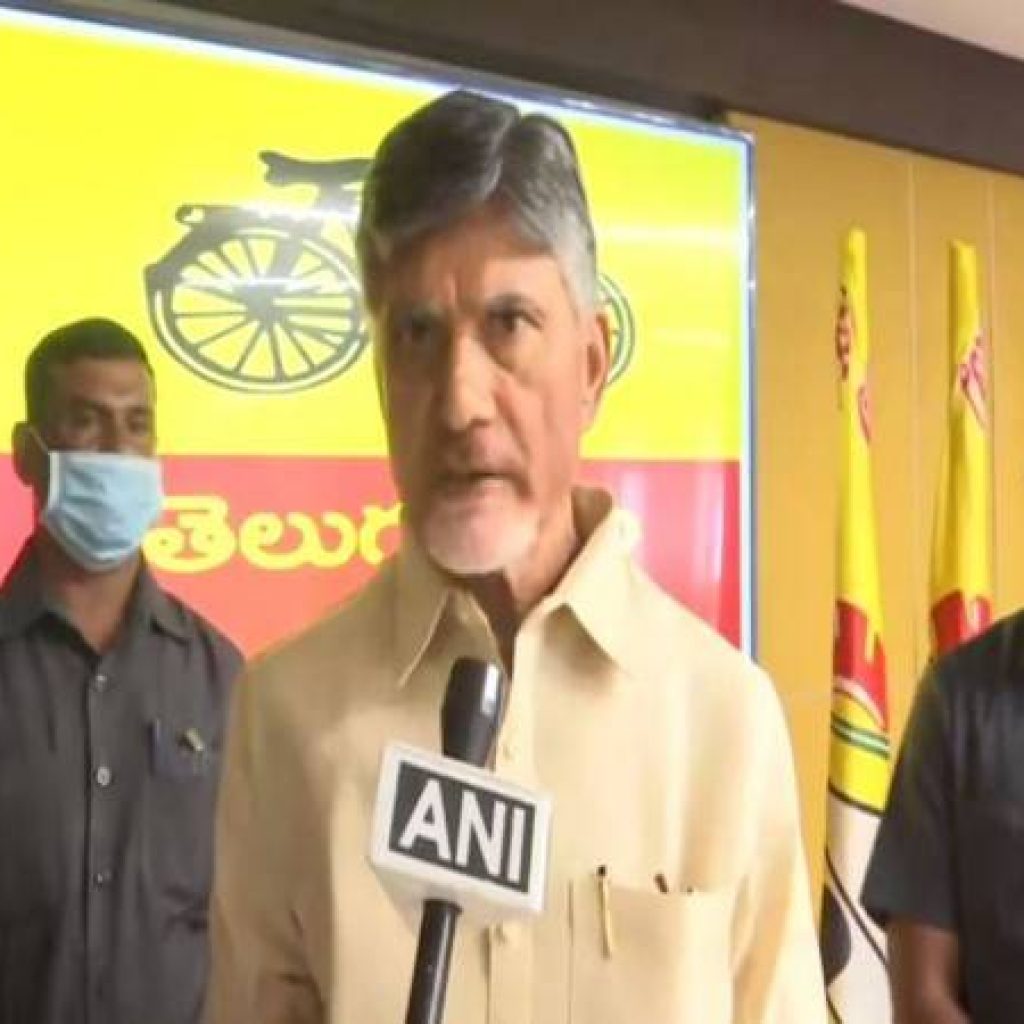
Making it clear that the government does not have the money required to build the dream capital by developing the infrastructure from scratch, Jagan defended his decision to build an administrative capital in Visakhapatnam using the good infrastructure of the port city as a base.
He wants Kurnool, the capital of erstwhile Andhra state, to get its due with the development of the city as judicial capital. He believes the move will ensure justice to backward Rayalaseema, a region both he and Chandrababu Naidu come from.
With farmers of 27 villages of Amaravati region continuing their protest to demand that Amaravati be developed as the only capital, Jagan assured the people of the region that he has nothing personally against them. He wants Amaravati to serve as the legislative capital.
Even two years after announcing the trifurcation plan, the Jagan government has not made any headway to implement it. A batch of petitions in the High Court challenging the move forced him to repeal the laws.
However, it remains to be seen if Jagan brings new and comprehensive legislation in 2022 to achieve his goal. Political observers say he may continue reaping the political benefits from continuing stand-off over the issue.
By targeting Chandrababu Naidu for being behind the ongoing protests by Amaravati farmers, the YSRCP is projecting him and TDP in north coastal Andhra and Rayalaseema as villains of the two regions for opposing shifting of some capital functions to Visakhapatnam and Kurnool respectively.
According to political analyst Ravi, controversial decisions may continue as a strategy. The trifurcation plan may lead to regional contradictions in the next elections.
“While Jagan scored good marks on social welfare, he has picked wrong battles at times. From attacking Chandrababu Naidu and his family members, to picking up fights with courts, Jagan has time and again went on an avoidable path,” said another analyst Palwai Raghavendra Reddy.
He believes that the government’s latest move on the price of cinema theatre tickets will not do any good to Jagan’s image as it will hurt financial prospects of many low income people associated with the industry.
The government’s move to slash the ticketing prices and take over the sale of tickets is seen as an attempt to hurt its political detractors and actors especially Pawan Kalyan and N. Balakrishna. While Pawan is heading Jana Sena, Balakrishna is son of TDP founder and former chief minister N.T. Rama Rao. Balakrishna is also a TDP legislator and brother-in-law of Chandrababu Naidu.
“Jagan is fighting with all political outfits in the state. Unless TDP, BJP, and Jana Sena come together before 2024, Jagan due to his welfare activities, will continue to remain the most popular leader and might win the next state elections,” said Raghavendra Reddy.
“Religion never played a role in Andhra Pradesh politics, but BJP is trying hard to divide the voters on Hindu-Christian basis. While it might not be easy for BJP, Jagan must ensure his party leadership does not create opportunities for the saffron brigade to orchestrate this divide,” he added.
The state’s deepening financial crisis may pose a challenge for the Jagan government in 2022. The decline in revenues on account of Covid-19 pandemic has dealt a big blow to the state, whose coffers have gone dry.
During 2020-21 so far, the state has already borrowed Rs 34,058 crore against the Net Borrowing Ceiling (NBC) of Rs 42,472 crore set by the Centre for the entire financial year.
The state’s cumulative debts soared to Rs 3,84,615 crore. Of this, Rs 1,27,105 crore was borrowed by the Jagan government in the last two years. The guarantees given by the government for other outstanding loans also climbed to Rs 96,500 crore. The guarantees for nearly half of this amount were given in the last two years.
“Serious challenges are there in mobilising finances in the face of mounting debt but it’s the same situation in many states,” said Ravi.
He pointed out that among states Tamil Nadu is number one in outstanding debts while Andhra Pradesh is at fourth place and Telangana at sixth.


